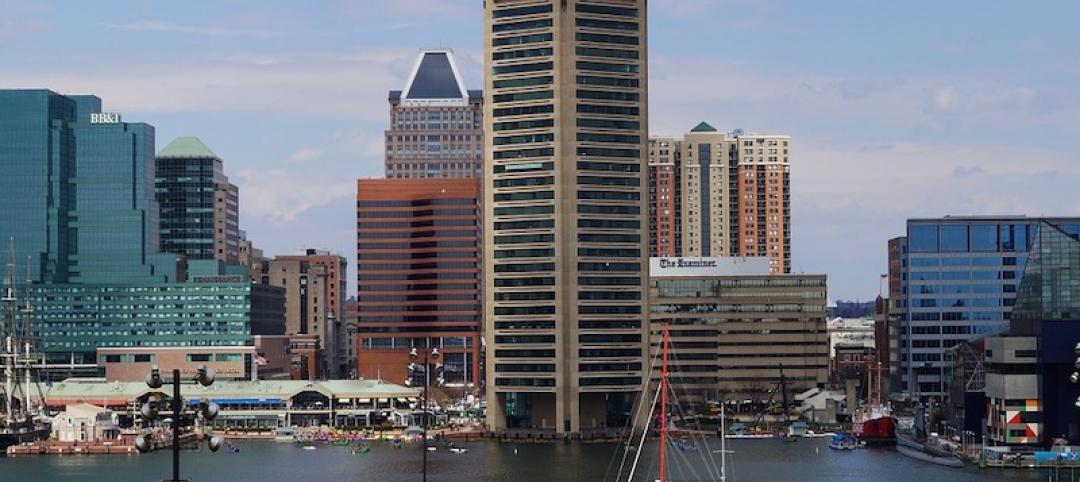As the economy hums along creating more jobs, the unfortunate byproduct has been worsening traffic.
The Texas A&M Transportation Institute’s 2019 Urban Mobility Report found that urban gridlock costs the U.S. economy $166 billion annually in lost productivity and wasted gasoline. There is no single, simple solution to the problem.
Possible remedies include more roads and mass transit, and reducing demand through telework. Adjusting work hours to better balance demand and roadway capacity, and smarter land use policies could also provide relief.
The report examines conditions in 494 urban areas across all states and Puerto Rico. The institute has also made available a nationwide interactive map of congestion conditions and dozens of ways to address roadway gridlock in its How to Fix Congestion guide.
Related Stories
Codes and Standards | Jun 3, 2019
Haskell invests in BLOX, creator of modular-based delivery method
‘Represents important part of Haskell’s future strategy,’ says CEO.
Codes and Standards | Jun 3, 2019
Florida may eliminate certificate of need requirement for new hospitals
Bill could boost specialized facilities.
Codes and Standards | May 31, 2019
RELi 2.0 standard for sustainability, resilience being piloted
Will be open to LEED-registered or -certified projects, with introductory pricing and support.
Codes and Standards | May 31, 2019
Pankow Foundation releases report, tools for embodied carbon impacts
Focus is on MEP and tenant improvements.
Codes and Standards | May 24, 2019
USGBC receives funding for LEED for Cities and Communities Program
Bank of America provides $500,000 grant to certify 15 U.S. cities.
Codes and Standards | May 24, 2019
AIA updates Interiors Contract Documents
Six revised documents available for interior construction projects.
Codes and Standards | May 23, 2019
Northern California casino offers a template for resilient microgrids
Solar power with batteries and backup generators provide weeks of self-reliance.
Codes and Standards | May 23, 2019
Austin creates innovative plan to boost affordable housing
Approach includes loosened zoning, incentives for higher density in lower-cost and mixed-income developments.
Codes and Standards | May 20, 2019
Effort launched to develop better process for zero-carbon retrofits in multifamily sector
Rocky Mountain Institute, Dept. of Energy, California Energy Commission join forces.
Codes and Standards | May 20, 2019
Property lenders shouldn’t invest for 30 years in most of Florida, expert warns
Climate ignorance driving some ‘insane’ deals.

















